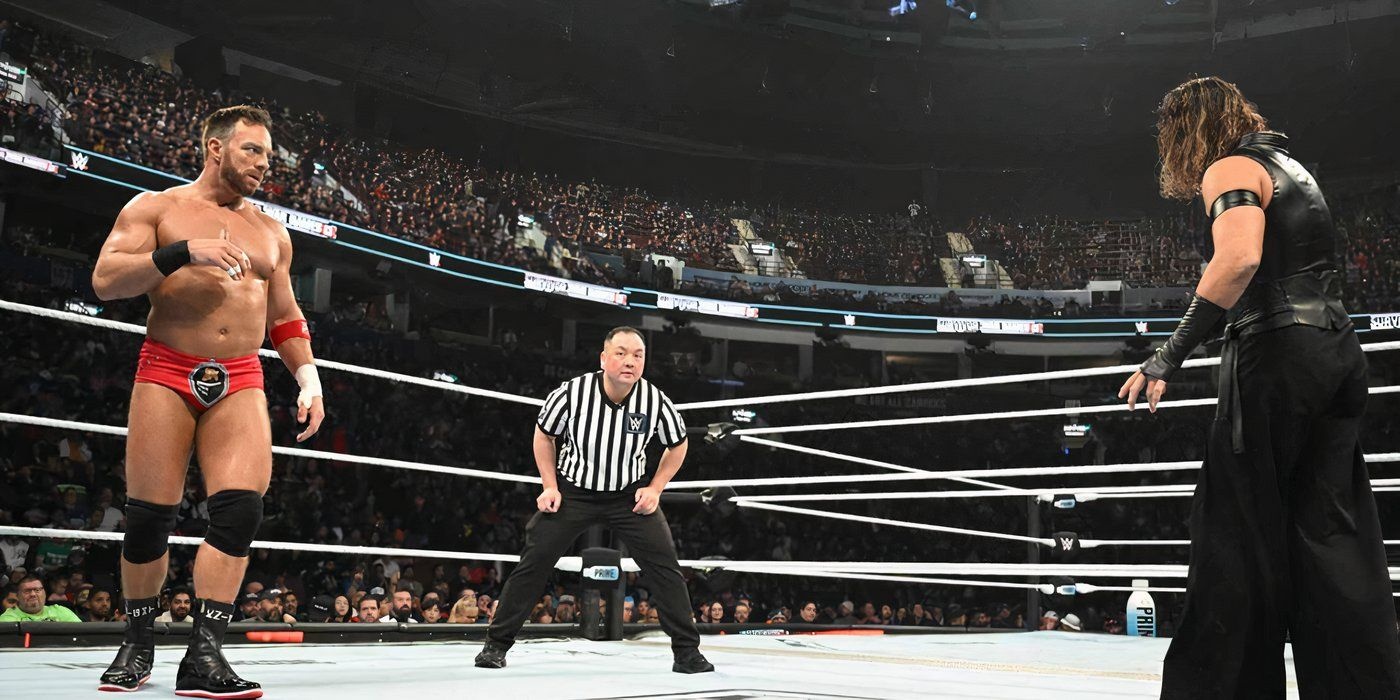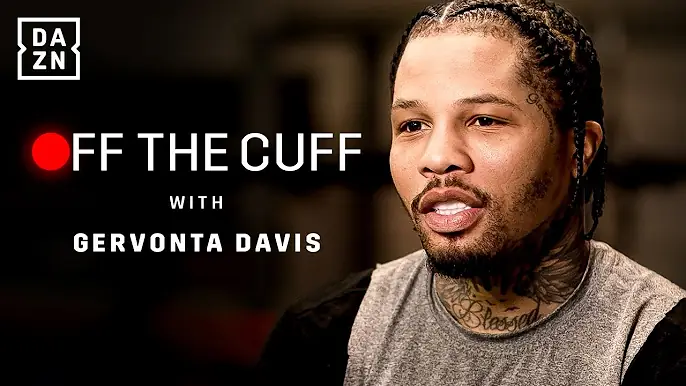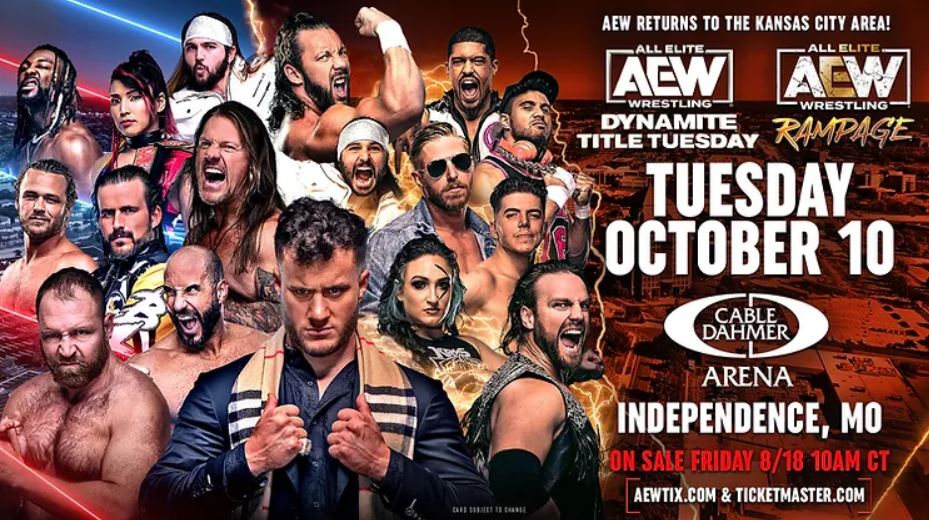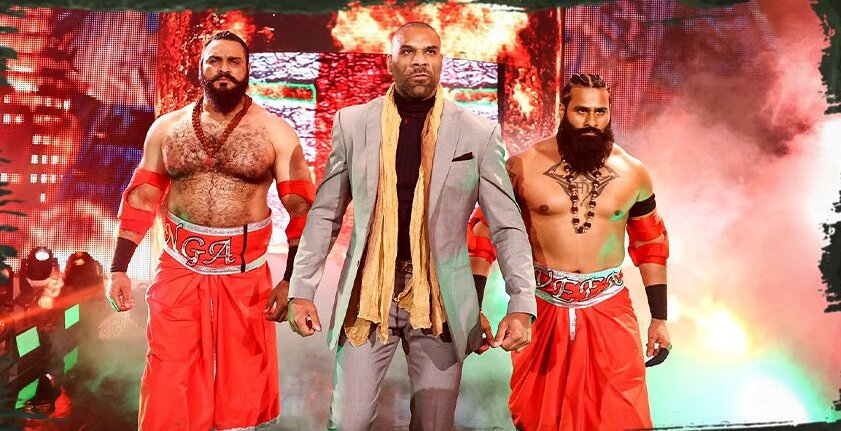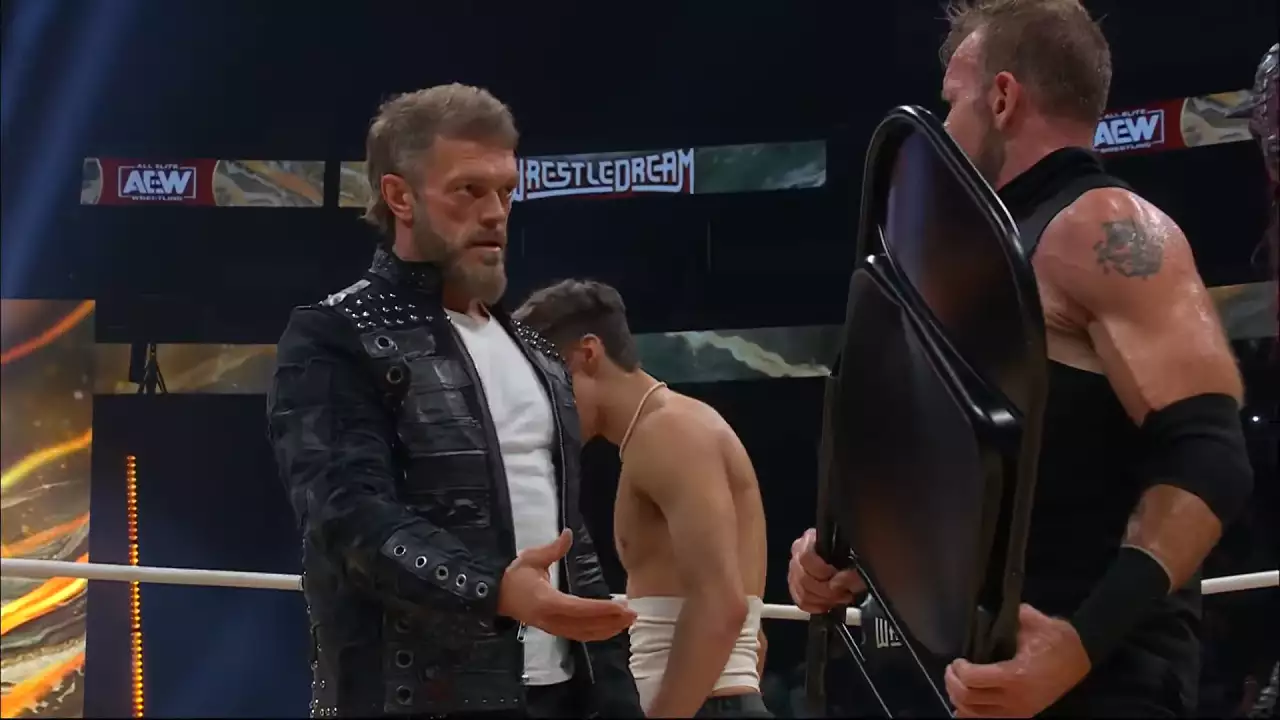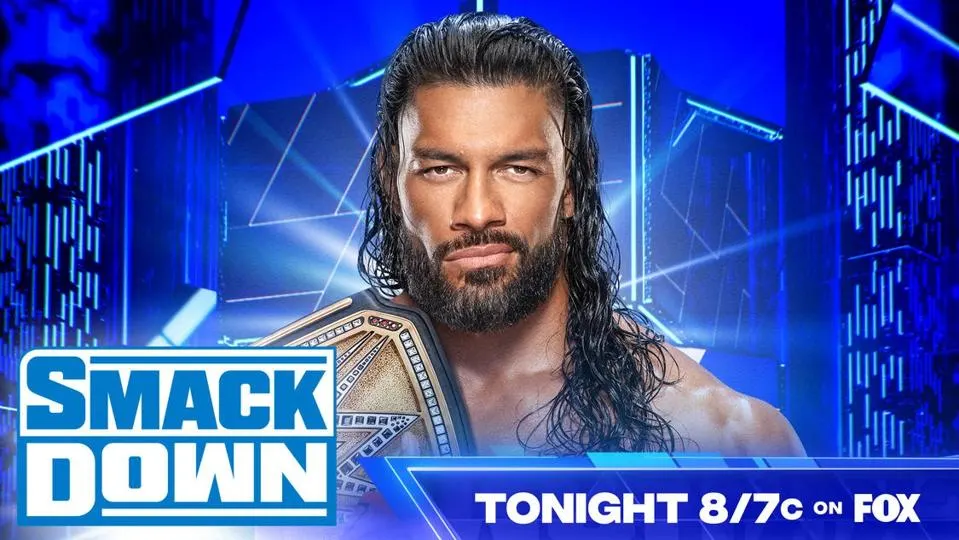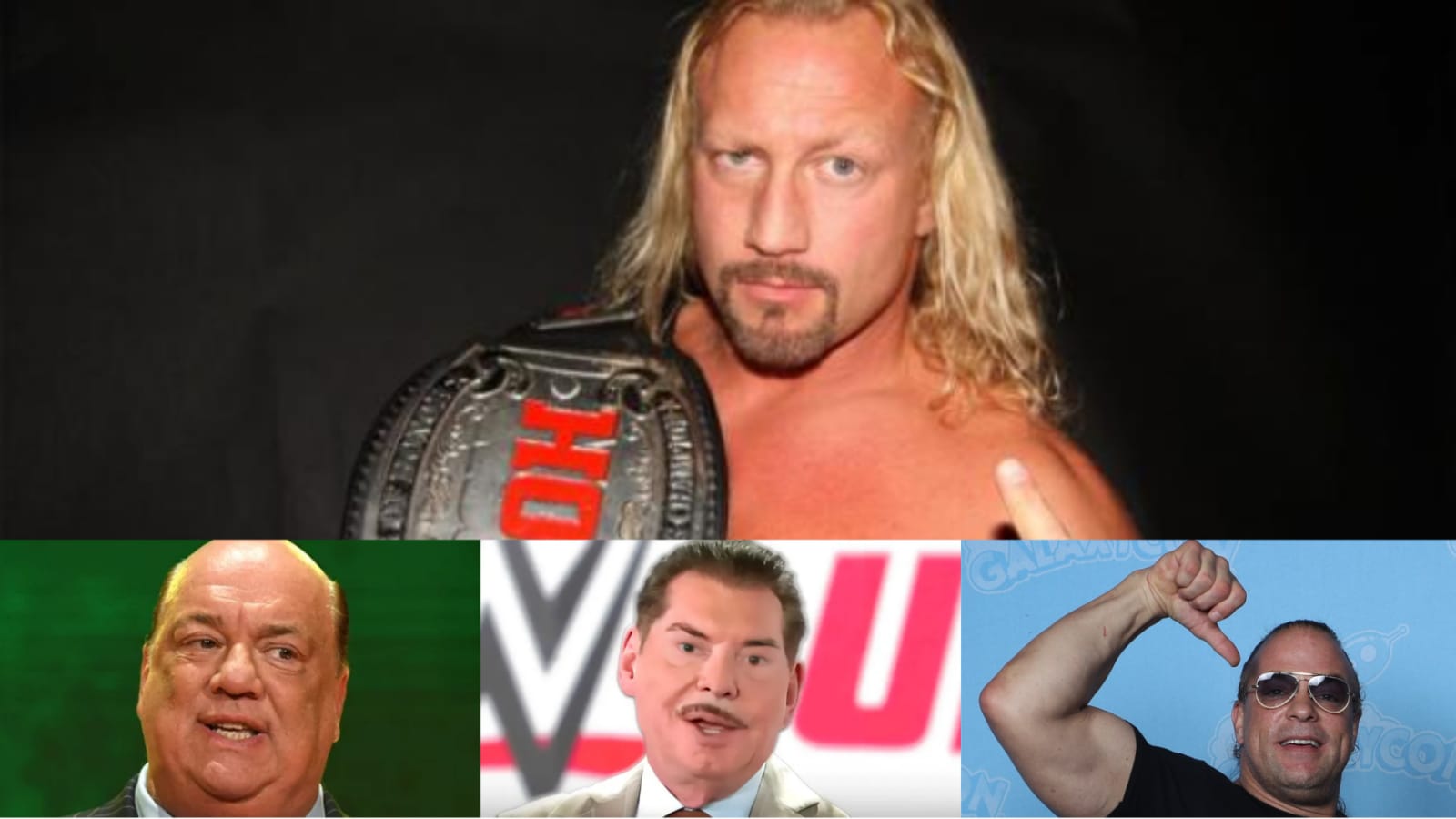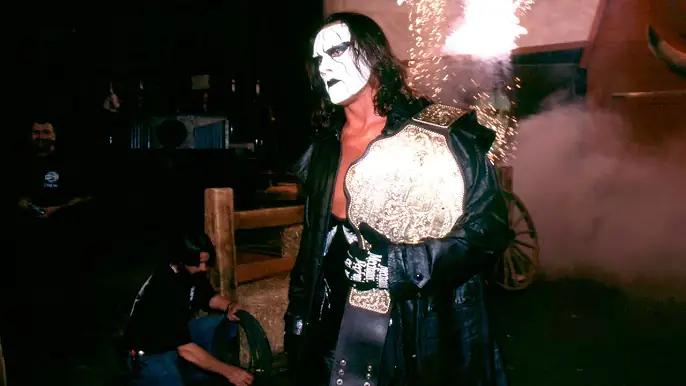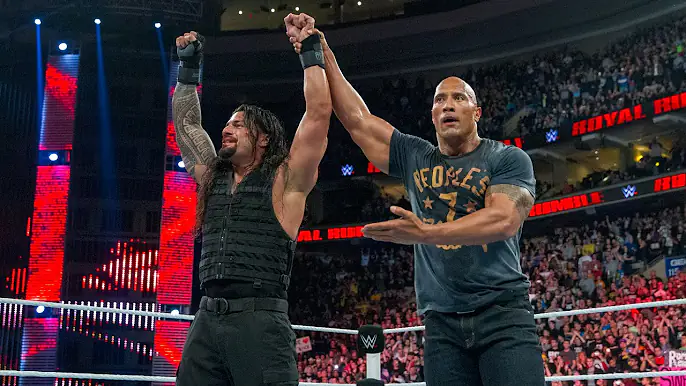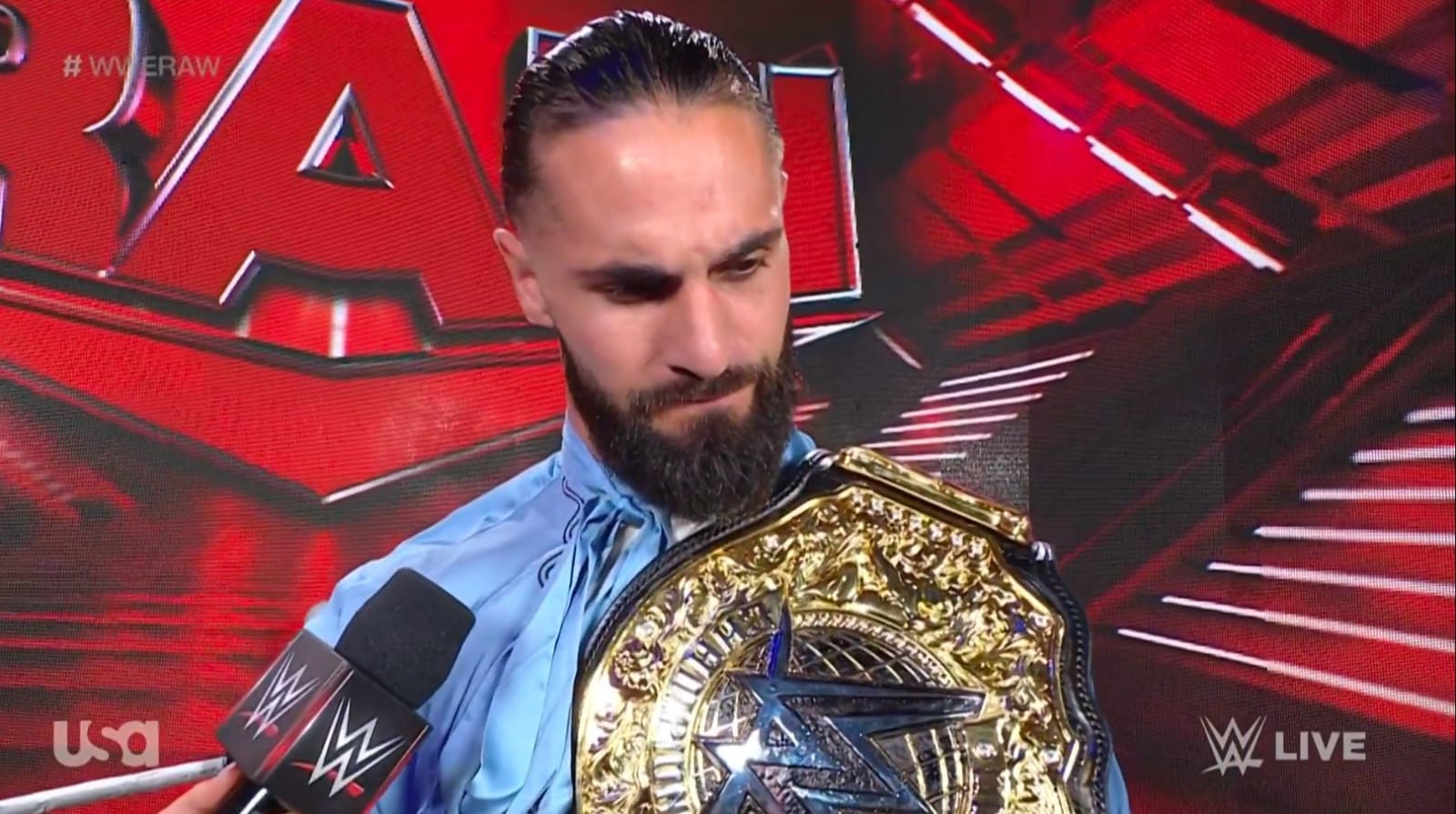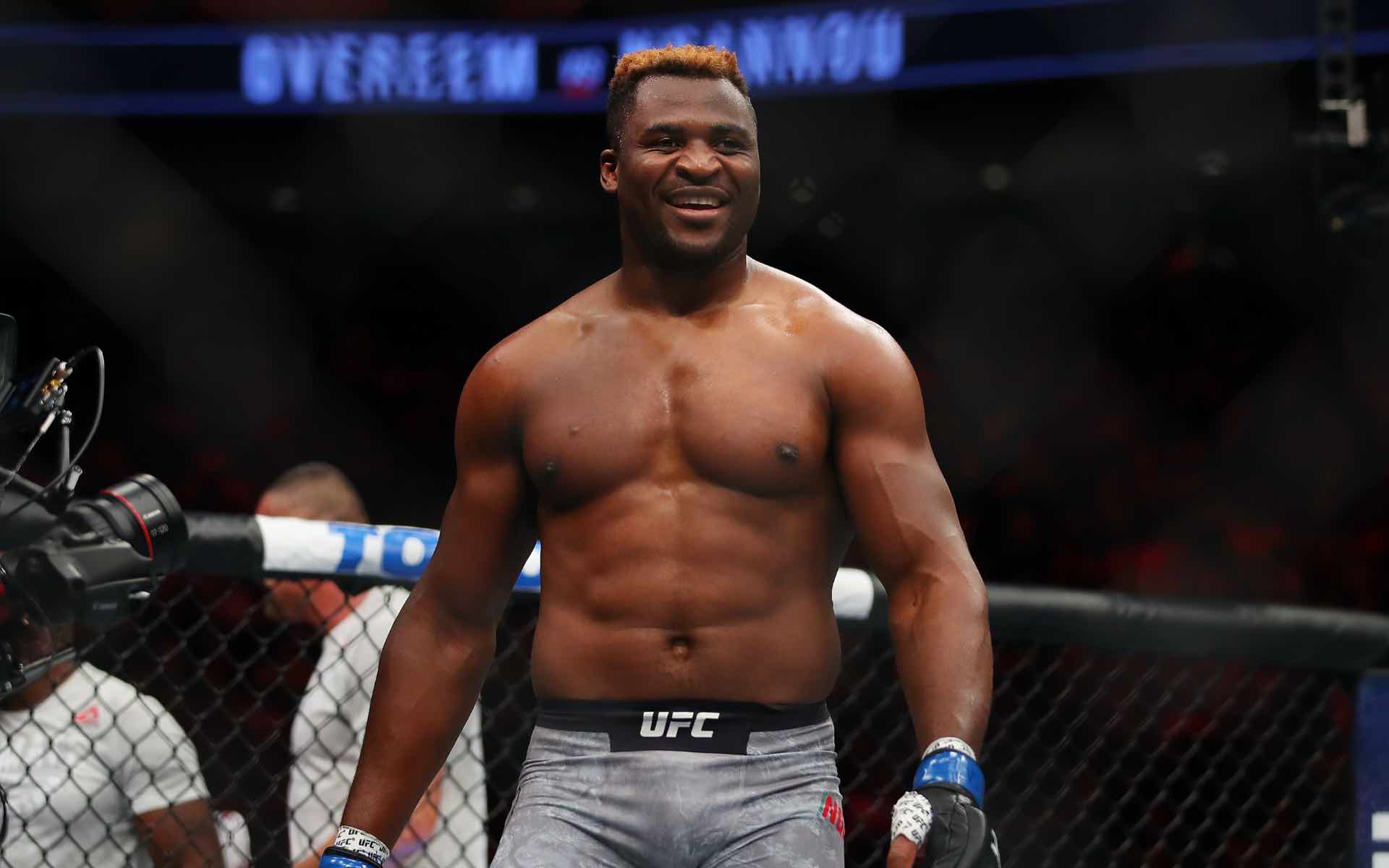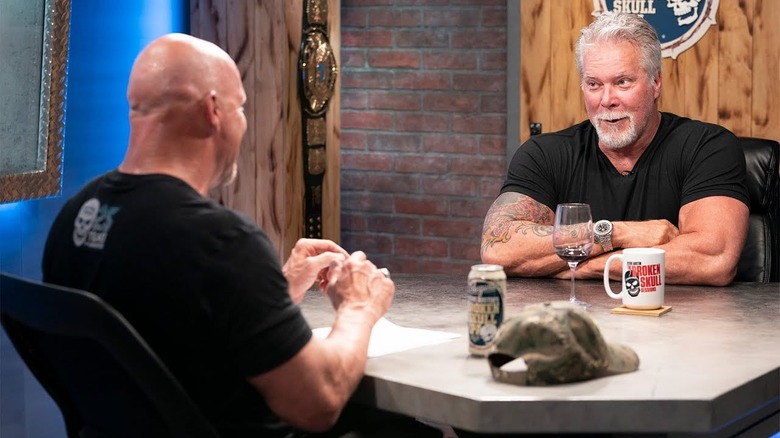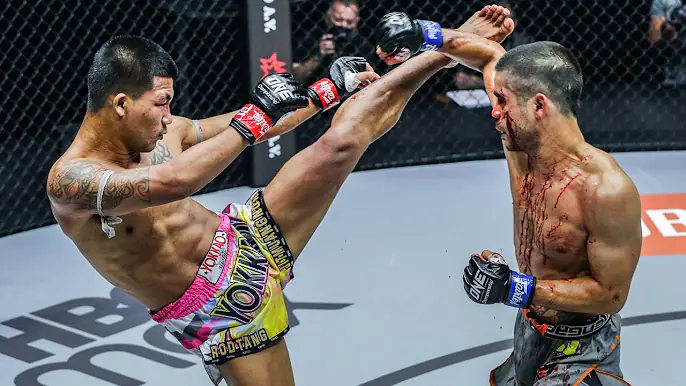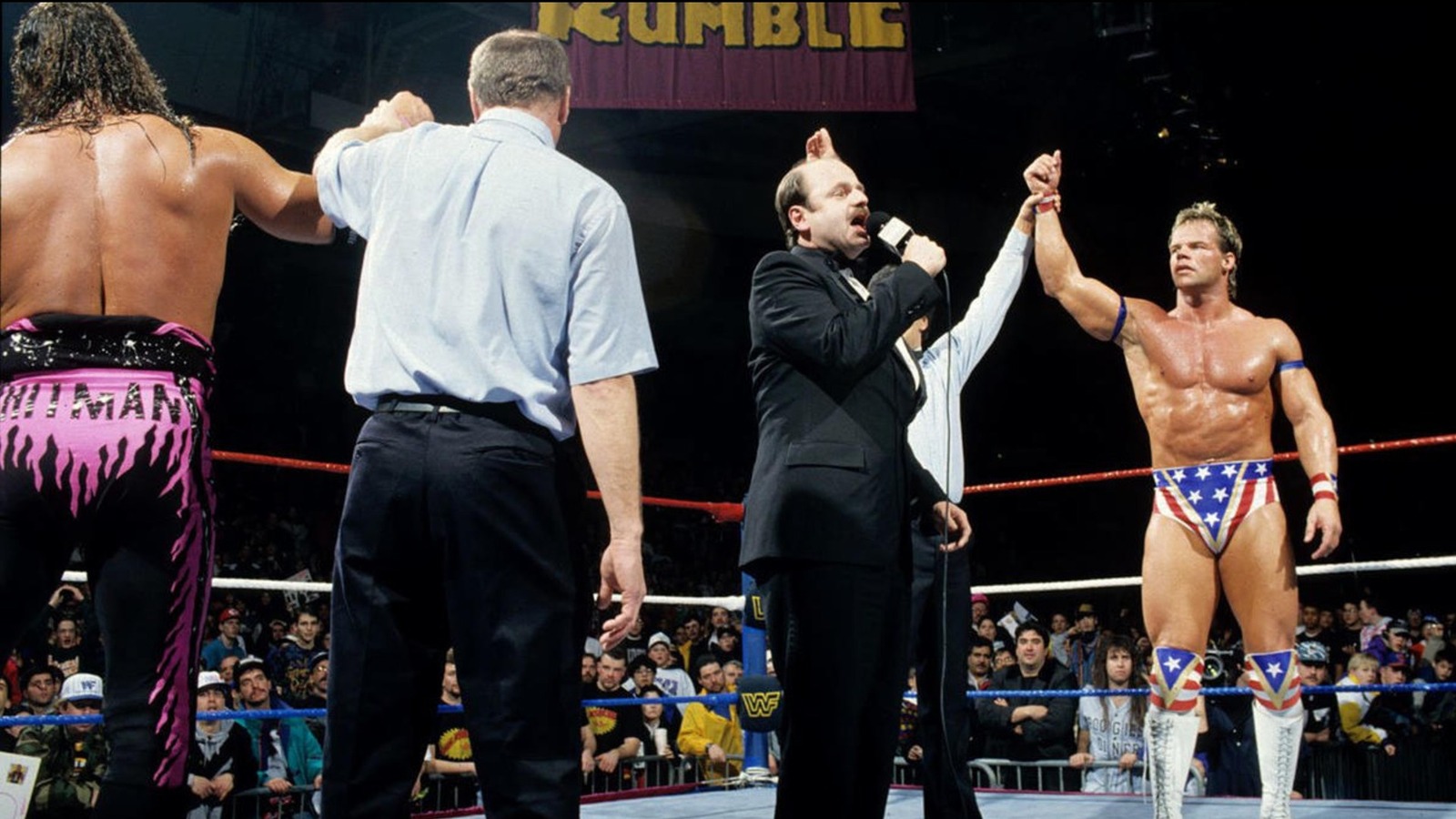The Role Of Referees In WWE: Unsung Heroes Of The Ring
Regarding professional wrestling, one can hardly ever go without thinking about WWE superheroes. Their athletic performance, colossal character, and dramatic scenarios envelop millions of viewers worldwide. But there is yet another group—those people who forge the success and safety of those exact matches, invisible to many: referees. These unsung heroes of the squared circle are instrumental in the tempo of a match, the overall safety of the performers involved, and the general storytelling. The duties, challenges, and contributions that a WWE referee makes to the world of professional wrestling are covered in the following article.
Primary Responsibilities of WWE Referees
Enforcing rules and regulations. The most transparent role of a WWE referee should be to enforce the rules and regulations of the match. This includes counting pinfalls, monitoring submissions, and ensuring that competitors adhere to the match stipulations. Referees are tasked with maintaining the integrity of the contest and making sure that the action stays within the bounds of the scripted rules.
The enforcement of rules is not that easy when it comes to WWE, however.
Given that professional wrestling is a scripted form of entertainment, referees must often navigate a complex landscape where certain rule violations are part of the storyline. For example, a referee might have to turn a blind eye to certain infractions to advance a narrative or create dramatic tension.
This means keeping pace with a deep understanding of the storyline and balancing that against the scripted elements, all to keep up appearances of fairness and competition.
Communicating with wrestlers
The referee is also a liaison between the wrestlers and the producers backstage. They are responsible for transmitting vital information and cues during a match to let everyone involved know what’s happening. This could be anything from changes to the contest’s finish to time cues or letting wrestlers know when there will be commercial breaks during the match.
This is often conveyed discreetly through hand signals, whispers, or any other type of subtle communication to avoid diverting attention from the action. Timing and quick negotiation skills, coupled with the ability to process and convey information efficiently, are significant requirements for a referee. Their role as intermediaries helps ensure the match goes smoothly and according to the planned script.
Ensuring Safety
One of the most essential duties of WWE referees involves a special responsibility for performer safety. Wrestling is physically intensive; it can be so dangerous that an injury could happen in a second. The referees have been trained to see the first signs of an injury and are responsible for stopping the match when a wrestler becomes seriously injured.
The function of referees is not merely limited to resolving conflicts and making decisions; it also extends to preventing injuries by maintaining orderliness and ensuring safety protocols. An example would be when they prevent wrestlers from using illegal weapons during the tussle or from performing some overly life-threatening movements. In extreme cases, when their judgment considers that the safety of the wanted participants is at stake, then referees have all the right to disqualify or even end the match.
Timing and pacing
Timing and pace are critical in wrestling, with significant parts regulated by the referees. They keep track of the time of the match, maintaining it within the allocated time frame. Most of the time, when the timing-related updates come up from the backstage producers, they hint at it subtly to the wrestlers.
This extends to the pacing of a match, which is also affected by the referee’s actions. Suppose a slow or deliberate count built up much suspense and drama regarding pinfall attempts; quick counts create urgency. Poor referees need to be attuned to the rhythm of the match and act to sell what is happening.
WWE Referees and Their Challenges
Physical Demands
Being a WWE referee is physically demanding. They have to be in good shape so that they can keep up with the action regarding whatever is happening inside the ring. They never stop moving; they frequently stoop low, at the same time constantly repositioning their bodies to get a better view without blocking the audience’s view. Endurance, agility, and quick reflexes are needed to carry out all this.
Furthermore, referees are often part of the action in terms of the physical aspects of the competition. They might take a bump or be written into a segment where they get attacked by a wrestler. Again, all stunts may be scripted but still require some degree of physical resilience and learning how to fall safely.
Mental and emotional stress
Notably, WWE officiating also requires the ingredients of a mentally and emotionally demanding role. These officials are under constant pressure to maintain a high level of focus and attention throughout the bout and simultaneously process information for quick decision-making. The pressure to be perfect in front of a live crowd and millions around the world watching can be immense.
They are also supposed to take care of the emotional aspects of their job. Most referees usually land themselves in the middle of fierce rivalries and intense matches where vindictive emotions are running high. Composure and grace are required at such moments. They might also have to encounter an emotional calculation if they have witnessed injuries or been a part of some controversial match finishes.
Balancing scripted and real elements
One of the many challenging factors WWE referees go through is the need to balance the elements of a script against rules that are supposed to be protected and engage in actual enforcement for safety’s sake. This dual-identity fiasco requires an in-depth understanding of the storyline and spontaneity whenever called upon.
For example, a referee might be required to count a pinfall attempt that is ultimately interrupted at the last second. They need to make the count look natural, but they also have to ensure that they are not stopping anything too soon. Another aspect involves being prepared for improvised moments, such as when a wrestler goes off-script or is hurt unintentionally.
The Influence of Referees on Storytelling
Increasing the levels of drama and suspense
The real drama and tension of the wrestling match are elevated by the performance of the referees. Their actions—counting pinfalls, administering submissions, and giving warnings—play a vital role in building tension and excitement. A well-timed count or dramatic pause before declaring a winner significantly enhances the major emotional payoffs of the match.
For instance, the “near fall” situation, whereby a wrestler manages to kick out just before the count of three, is entirely dependent on the timing and presentation provided by the referee. Suddenly, thanks to a near count, the crowd grows with anticipation; their interest becomes more invested in what happens next.
Facilitating Storyline Progression
While often involved in the development of angles and rivalries, their actions commonly advance them through controversial finishes, disqualifications, or indeed rematches. In other cases, referees themselves might actually become characters within the storyline to a degree.
The most outstanding example of the referee securing his place in wrestling lore is likely through the infamous “Montreal Screwjob.” At the 1997 affair, Referee Earl Hebner perpetuated a call that would be most regarded as controversial: ringing the bell and giving the victory to Shawn Michaels vs. Bret Hart when he never submitted. This incident would be haggled and picked apart by the faithful and historians to this day.
This incident not only set the path for the careers of all those involved but also changed the way WWE told stories forever.
Setting up heels and faces
Referees also aid in building up and maintaining the heel and face personas. A heel wrestler would frequently work with the referee as a pawn, being confusing and conniving to get an unfair advantage over the opponent. The face wrestler, though, may be ‘good’ or ‘heroic’ by listening to and acting according to what the referee instructs them to do, thus showing respect for the rules.
Character traits can be defined by wrestler-referee interactions that can be used to build up audience reactions. This, again, means that a dastardly heel constantly cheating and arguing with the referee will create much heat with an audience, whereas a face dealing with adversity and showing respect to the official garners sympathy and support.
Iconic WWE Referees
Earl Hebner
Of all the wrestlers who have worn the stripes for WWE, Earl Hebner is arguably best known for his part in some of the most controversial and memorable moments. The Montreal Screwjob helped solidify his place in wrestling lore, and Hebner’s career is full of notable matches and high-profile officiating duties.
It was during his emotive and dramatic officiating that Hebner truly carved himself out as a standout figure. His animated, very intense counts, coupled with his uncanny ability to be in the correct position at the right time, further told many a story.
Charles Robinson
Another incomparable WWE referee is Charles Robinson, often referred to as “Little Naitch” because he looks just like Ric Flair. He’s been around for over twenty years and has had the call for many WrestleMania main events, plus a host of other big matches.
Robinson commands respect through his professionalism, consistency, and dedication to the sport. He has developed the art of keeping a match flowing well, in addition to effective communication and safety measures with the wrestlers. These earned him respect from fellow people in the sector and fans alike. Dew Robinson’s involvement in significant storylines, including his alliance with Ric Flair in WCW, added to his legacy, where he has a reputation as one of the most influential referees in wrestling history.
Tim White
The WWE refereeing career of Tim White is unforgettable—not necessarily for the matches he has done—particularly for becoming part of many memorable and extraordinary storyline situations. White worked for WWE as a referee from the 1980s until the mid-2000s, when he became one of the ring officials recognized more for his work ethic and for being generally understood as a professional. One of White’s most unforgettable efforts was his involvement in the Hell in a Cell match between The Undertaker and Mankind at King of the Rings in 1998. White being present and using his discretion in that brutal, historic affair made him integral to the flow and safety of the contest. Additionally, White showed his ability in vignettes such as “Lunchtime Suicides” on WWE.com, much different than traditional officiating, proving his versatility and willingness to participate in other entertainment areas.
Training and development of WWE
Referees: Rigorous Selection Process
The path to becoming a WWE referee includes a rigorous selection procedure followed by subsequent training. Most often, people are recruited from inside the wrestling circle: retired wrestlers, trainers, or people with an athletic performance background. Among others, the WWE seeks individuals with an in-depth knowledge of wrestling, excellent communication skills, and physical strength and endurance to match the pace.
Comprehensive Training
Those selected undergo intensive training at the WWE Performance Center. The training encompasses every aspect of refereeing: implementing the rules, communication skills, safety measures taken, timing, and storytelling to make a match dramatic and action entrepreneurs by their acts and decisions. Ongoing Development The referees evolve through constant training and feedback. They have the opportunity to work with different wrestlers, producers, and trainers so that they are able to refine their techniques and adapt to the evolving nature of WWE programming on the go. Regular assessments and evaluations help them improve their performance by putting emphasis on the areas that need attention.
Conclusion
WWE referees represent the unsung heroes in the ring; they make up part of professional wrestling success and safety and are an elementary aspect of storytelling. This means that their roles go way beyond the mere enforcement of rules. They facilitate the flow and drama underlying an event, making sure that what the audience sees is both outstanding to view and safe for those performing it. This underlines the complexity associated with their role, considering that these challenges will undergo tests that reach not only one’s physical demands but also mental and emotional stress. From those classic moments given to the fans by legends of referees Earl Hebner, Charles Robinson, and Tim White, many more can be brought back to memory. Most striking about them was the way they were setting up scenes, furthering storylines, and cementing character personas—more than anything else, that truly drives home the importance of the referee in WWE. Training and development of referees easily equip them with skills to manage the dynamic and demanding nature of professional wrestling. However, with further growth in the evolution cycle, their role is of prime importance for the success and safety of this sport—and regarding being unsung heroes who make this spectacle of WWE possible.

